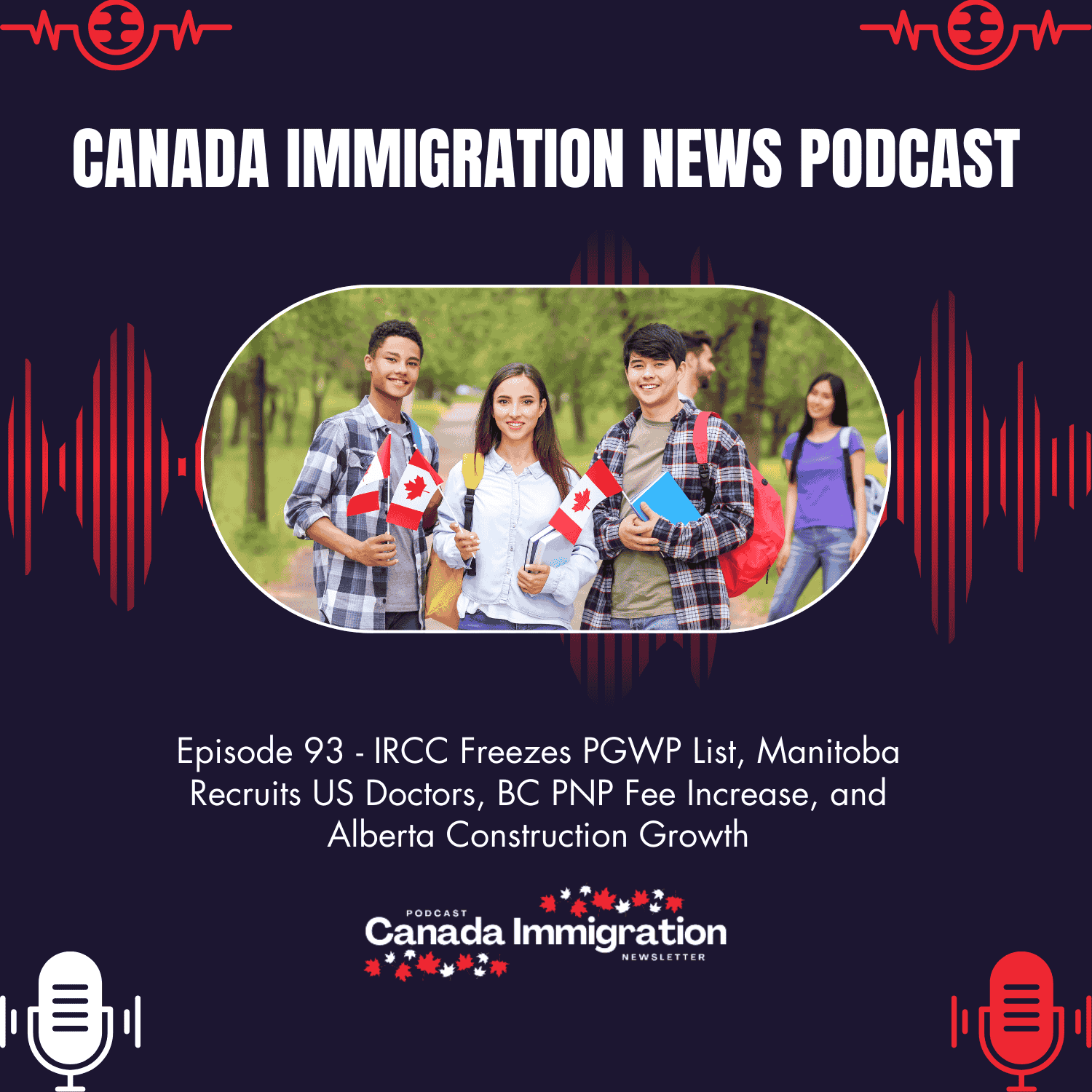Immigration Announcement
Immigrant Status and Health Care Language Access in Canada

Canada is known for its diversity, and language plays a major role in how newcomers experience life here. Health care, one of the most vital services, is no exception. A recent Statistics Canada study shows that immigrant status can influence whether patients receive care in their preferred official language. This finding highlights Canada’s continuous effort to make its health care system more accessible for everyone, including those who have recently arrived.
For anyone considering Canadian immigration, understanding how language and health care intersect offers reassurance that the system adapts to people’s needs. Let’s explore how this unfolds across provinces and why immigrant status matters.
Language and Health Care: A Provincial Perspective
Language access in hospitals looks different depending on where you live.
- Quebec: English-speaking immigrants, especially those who arrived after 2017, were more likely to receive hospital care in English than non-immigrants. The numbers show 64% of recent immigrants had access, compared with 52% of non-immigrants.
- Ontario and New Brunswick: In these provinces, immigrant status did not significantly affect whether French- or English-speaking minorities received care in their chosen language. Instead, other factors like location and community language use made a bigger difference.
This proves that Canada’s provinces adapt health care services to local demographics while also keeping immigrant needs in mind.
Key Factors Influencing Access
Beyond immigrant status, several factors shape access to care in one’s preferred official language:
| Factor | Impact on Access |
| Proximity to designated hospitals | Closer hospitals offering services in the minority language improve chances of receiving care. |
| Community language concentration | Areas with higher numbers of minority language speakers see stronger language access. |
| Comfort in requesting services | Patients who feel confident asking for care in their language are far more likely to get it. |
| Awareness of language rights | Knowing about provincial legislation boosts the likelihood of receiving services in French or English. |
Together, these factors show how Canada is working toward health equity while valuing both official languages.
Why This Matters for Canadian Immigration?
For future immigrants, this is more than statistics; it reflects the real quality of life. Imagine a new resident in Quebec, arriving with limited French, but still able to access hospital care in English. That experience builds trust in the health care system and reduces stress during critical times.
The broader message is clear: Canadian immigration is not only about starting a new life but also about having systems in place that protect and support newcomers. Access to health care in one’s preferred official language ensures inclusion, safety, and dignity. Immigrant status and health care language access in Canada show how policy and practice come together to support newcomers.
While outcomes vary across provinces, the overall direction is positive: immigrants are finding more opportunities to receive hospital care in their chosen language. This aligns perfectly with the values of Canadian immigration, welcoming diversity, reducing barriers, and ensuring that no one feels left out in times of need.

























